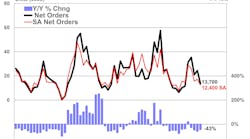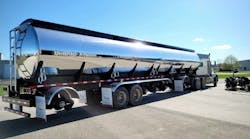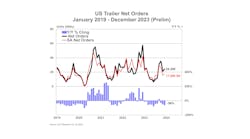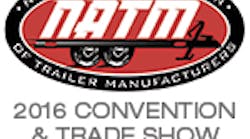Exit planning is a strategy that is designed and executed to allow owners to exit their businesses on their own terms and conditions.
And it’s becoming a critical element in today’s world.
“There is a large Baby Boomer population in this country, and it’s expected that millions of businesses will transition in the next few years from those owners to the next generation or other outsiders,” said Stephen Hauser, managing director of Corporate Finance Associates, which helps companies sell their businesses.
According to a study done by Kent State University in 2013 involving 250 privately held firms (75% of which were under $25 million in revenue):
• 50% of all owners’ wealth is locked in their business.
• 50% of owners’ exits are involuntary: due to accidents, death, or divorce.
• 70% of owners have no plan or no written plan.
“So what we had was people going, ‘Uh-oh, I’ve got something I have to deal with,’ ” Hauser said. “When you exit a company that way, it’s likely not the best value.”
He said the Kent State survey showed that 34% of the companies transition to managers, 33% to family, and 33% to a third party.
“There’s a difference in how you prepare for each one of those and what economic benefits would accrue to you as the seller if you take a different amount of time to do that,” he said. “And if you were interested in the survival of the firm and how the employees are taken care of, that might be different. Generally, that third-party sale will come back higher in gross value and typically higher after-tax value. Each one of these requires a different set of problems to consider. If you want family in, you have to coach those people up.”
He said there are transition signposts that indicate it is time to consider an exit.
The owner:
• Takes fewer risks with the business. “It’s steady as she goes. They don’t go after new customers or pursue channels as aggressively, don’t make investments as aggressively. There are things they do to kind of hunker down.”
• Spends more time with family and has personal interests that take him away from company.
• Could have heath issues.
Then there are external factors:
• Industry dynamics. Speaking of Amazon CEO Jeff Bezos, Hauser said, “Well, he’s a big gorilla. He’s new and his company is huge, and it’s growing and attracting new talent. He represents that external force in your industry that might be changing the way things happen. If the industry is changing dramatically and you have a hard time competing or are pressured by large competitors in different ways of doing businesses, your talent is potentially migrating. Or it’s hard to find. That’s a sign.”
• Unsolicited approaches. “This is where a larger firm or a competitor calls you up. I’ll bet many of you have had that conversation. It’s typical. If it picks up in regularity, they’ve seen signs you know are there but you might not want to address. They appreciate what’s going on in the industry.”
He said that operational improvements should be done from 24 to 36 months before the closing of the sale, and a detailed valuation should be done 12 to 18 months before. The actual sale process could take six to 10 months.
The basic advisory team should include: an attorney or attorneys to do the contracts, deal structure, tax, governance, etc; an accountant for financials, tax, and financing; and an investment banker for valuation, the sale process, and negotiation.
Private Equity groups (PE) commonly acquire middle-market businesses, which are defined as those involving companies valued at less than $500 million, with a median of $40 million. Hauser said 45% of PE deals involve companies valued at less than $25 million in value.
Selectivity is increasing because 96% of PE buyers failed to get projected 2015 return on investment (ROI).
What buyers want to see:
• Stable customer base.
• Stability of cash flow (EBITDA–CAPEX and leases).
• Effective financial controls and reporting.
• Assets supporting the business.
• Codified processes.
• Healthy culture.
Customer base characteristics: stable, low churn; diverse, modest concentration; value-focused, not price-focused; and efficient to serve.
There is a due diligence hurdle that every company must deal with. It’s the “care a reasonable person should take before entering into an agreement or transaction with another party. The objectives are to confirm all material facts, gather necessary information on all actual and potential risks, and verify abilities of the parties to fulfill the requirements of the agreement.”
More context for due diligence:
• Does the seller have proper title or rights to the assets/entity being sold?
• Buyer confirms or redefines the valuation.
• Identify all liabilities and risks.
• Identify issues with seller performance on reps and warranties.
• Confirm needed steps to integrate.
• Identify obstacles to a closing.
The areas of investigation to determine if the company is in order:
• Financial. Detailed P&L, balance sheet analysis; accounting and financing; and taxes.
• Corporate bona fides. Entities, governance; shareholders; and encumbrances.
• People. Employees; compensation and benefits; and safety and labor relations.
• Risks. Environmental and product liability; insurance adequacies; litigation; and contracts and compliance. ♦











